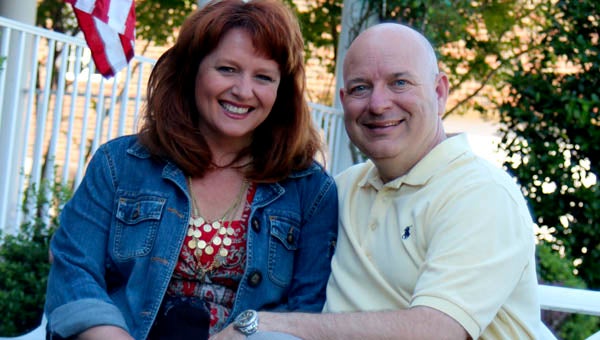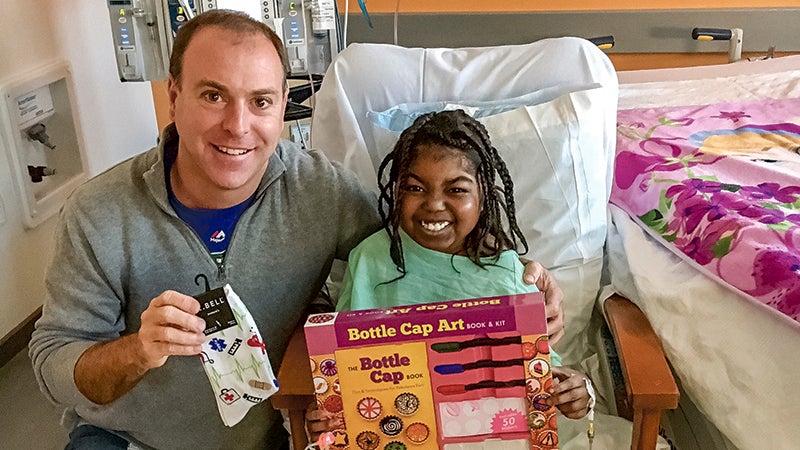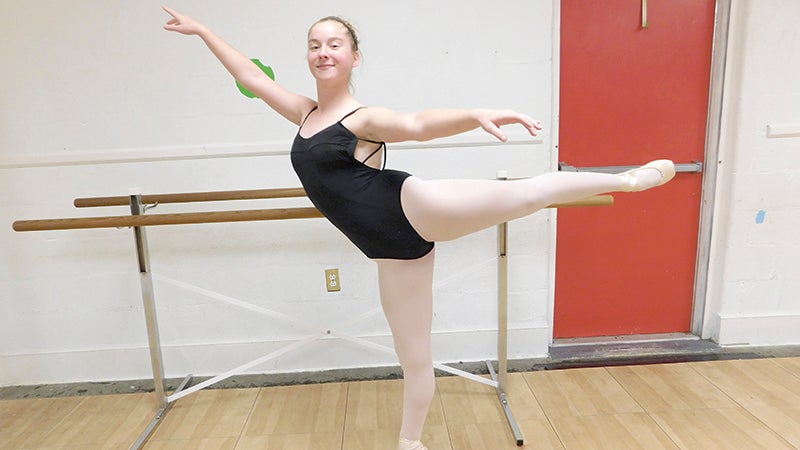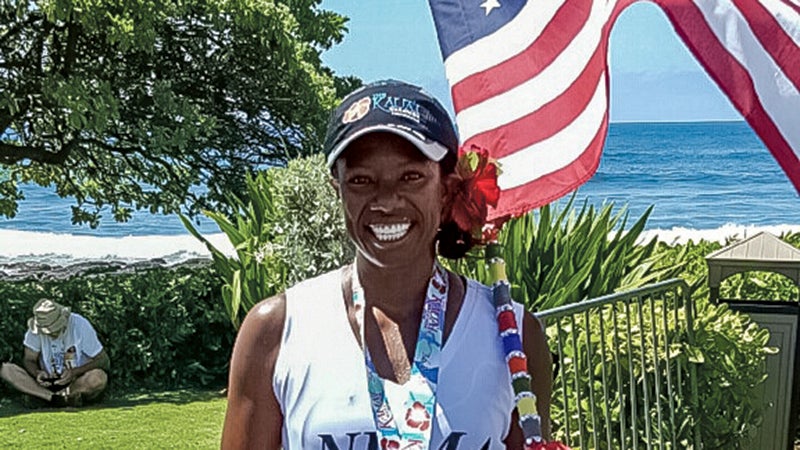Wife’s gift was a lifesaver
Published 9:32 pm Saturday, June 1, 2013

Tracy Tillman was able to give one of her kidneys to husband Harry Tillman, ensuring he never had to experience dialysis despite renal failure. They are pictured at their home in Harbour View.
North Suffolk’s Tracy Tillman says she rarely thinks of the fact she now lives with only one of a vital organ that usually comes in pairs.
“The only time I think about having one kidney is when I have a headache” and can’t take most painkillers, the 45-year-old said.
“I’m not going to (be able to) do any contact sports, but I think I’m over that anyway.”
On Oct. 5, 2009, she received final approval to donate one of her kidneys to her husband, Harry Tillman, now 47.
In 2002, they had discovered one of Harry Tillman’s kidneys had atrophied and that the other wasn’t doing too well, either.
With 4-½ years being the average wait time in Virginia for an O-positive cadaver donor, the couple had realized a living donor was the best option.
“We knew he had to have a transplant,” Tracy Tillman said. “We knew his brother was not an option. I thought, ‘I will get tested, and if it’s meant to be, it will be.’”
They were out of town when they received the news that Tracy was a near-perfect match to be her husband’s organ donor.
“The phone rang, and they wanted to speak directly to her,” Harry Tillman said.
“I said, ‘What did they say?’ She said, ‘I’m a great match.’ She turned over and went back to sleep. Because of that, I never did a single day of dialysis.”
The Tillmans, married for 25 years, are telling their story in the hopes of encouraging more folks to note their decision to become organ donors on their driver’s license.
Nephrologist Harlan Rust, its kidney transplant medical director, said about 600 patients are currently on the kidney transplant list at Norfolk General Hospital’s Sentara Transplant Center, where the Tillmans had their surgeries.
“That’s just this center — there are several other transplant centers in Virginia,” Rust said.
Better anti-rejection drugs have made kidney transplants much more routine than 15 or 20 years ago, when getting a better match was much more critical, he said.
“The big barrier is we don’t have enough organs,” he said. “People on the list die every day.”
At the center, patients with blood type O are generally waiting five years for a transplant, while the more commonplace type A’s are waiting three years, and type B’s somewhere in between, he said.
Despite the lengthy waiting list leading to lost lives, the number of folks willing to be donors is not increasing, in Rust’s estimation.
“People say ‘If they know I’m an organ donor, they won’t do anything to save my life,’” he said. “That’s unfortunate, because nothing could be further from the truth.”
The problem is largely a reality disconnect between the healthy and carefree and those less fortunate, he said.
“Most people don’t understand what it means to have end-stage kidney disease and dialysis,” Rust said. “It (dialysis) keeps them alive, but quality of life often is not very good.”
Harry Tillman, a general manager at Smithfield Packing Co., said dialysis would have been incompatible with the frequent travel his job requires.
“It would not have fit into my schedule,” he said. “I would probably have needed a new job within my company that didn’t need as much travel.”
As well as encouraging folks to elect to donate organs in the event of their death, Harry Tillman also encourages living family members of renal failure patients to consider becoming donors.
If Harry Tillman’s wife were not able to give him one of her kidneys, Tracy Tillman still could have pushed her husband to the top of the waiting list by donating an organ to someone else who was a suitable match.
“In terms of a live donation, I think that’s a very hard decision,” Harry Tillman said. “It’s something you have to think long and deep and personal about. My hat’s off to anyone that does it.”
A kidney from a living person is transplanted within hours of the organ’s removal and, also unlike cadaver kidneys, is trauma-free, diminishing the chances of rejection.
Tracy Tillman said she looks after her husband’s health assiduously, knowing he has one of her precious kidneys inside.
Harry Tillman said he never really felt bad before the transplant, which is coming up on its four-year anniversary, and he has “never really skipped a beat” since.
“I noticed after the transplant that he doesn’t take naps in the middle of the afternoon,” Tracy Tillman said. “He naps less and he seems less tired.”
On the concept of his wife’s kidney having saved his life, Harry Tillman said, “I’m a firm believer in some destiny, and God puts people in places you don’t really expect them to be. It’s uncanny.”





